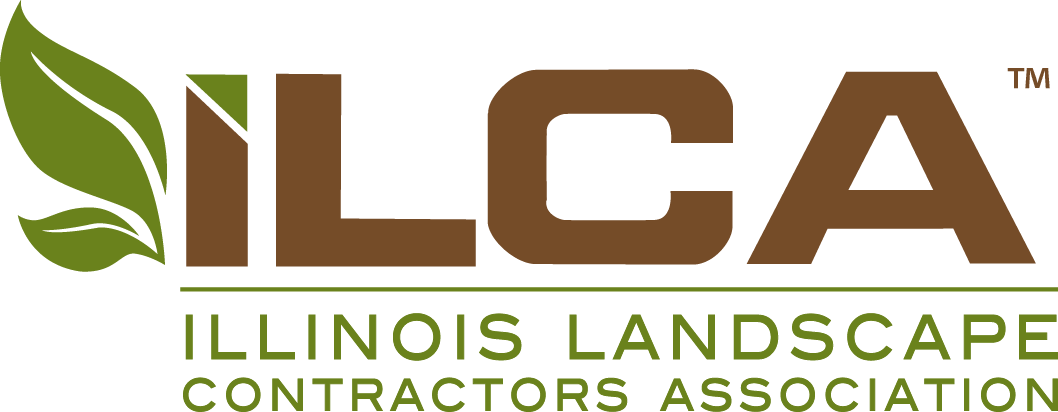
Founded in 1925, the Illinois Green Industry Association (IGIA) was one of the oldest agricultural organizations in the state. IGIA worked on behalf of members to promote and protect nursery and greenhouse growers, retail garden centers, and landscape professionals. Their mission was to help strengthen the position of their member businesses by offering industry certification, distinctive opportunities for education and networking, legislative and regulatory representation, and other member services.
In 2023, IGIA unified with the Illinois Landscape Contractors Association (ILCA) in a move that offers stronger representation and a more robust suite of education and networking programs for the nursery and landscape industry. IGIA members now have representation through the ILCA committees and Board of Directors.
Former IGIA Executive Director Kellie Schmidt has joined ILCA as the Statewide Director of Development, working alongside ILCA Executive Director Scott Grams who leads the combined organization. Schmidt’s new role will allow the unified organization to offer programs across the state while maintaining the popular programs ILCA has built in the Chicagoland area.
Schmidt will continue working with members to coordinate perennial favorites like InVigorateU and the Fall Growers Tour under the ILCA banner, along with a new favorite — Spring Training. Other ILCA education programs will be implemented statewide as determined by the needs of the market. The unified organization will be strengthened by the fresh ideas and perspectives of members statewide.
We encourage you to explore ilca.net/professional to learn more about membership, education and networking events, and committee opportunities so your team can get connected with the nursery and landscape industry in Illinois.

 Questions?
Questions?